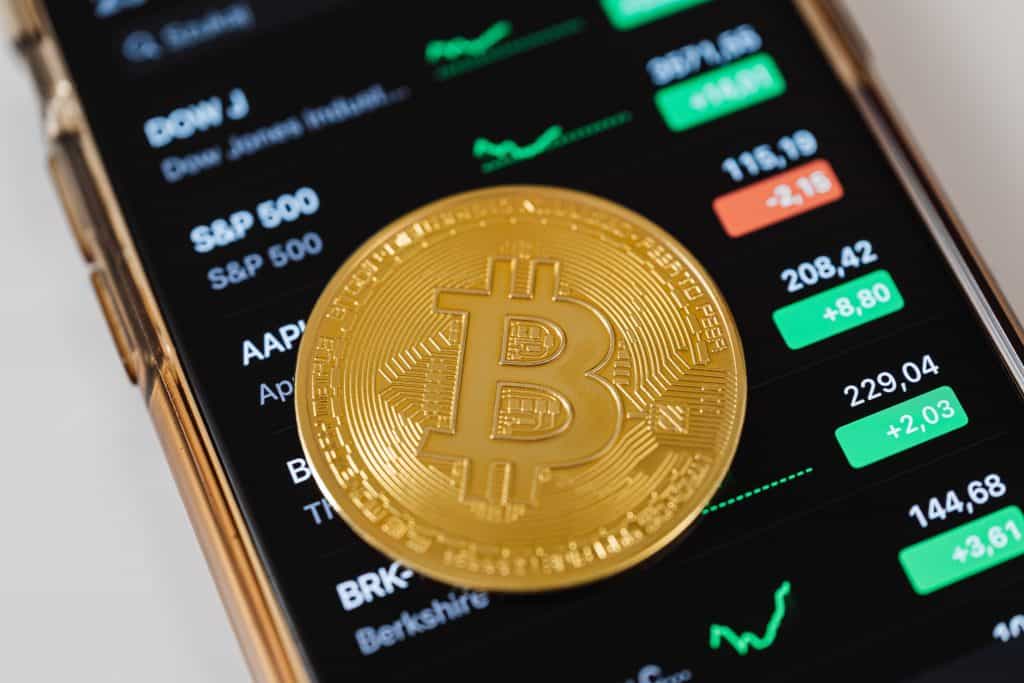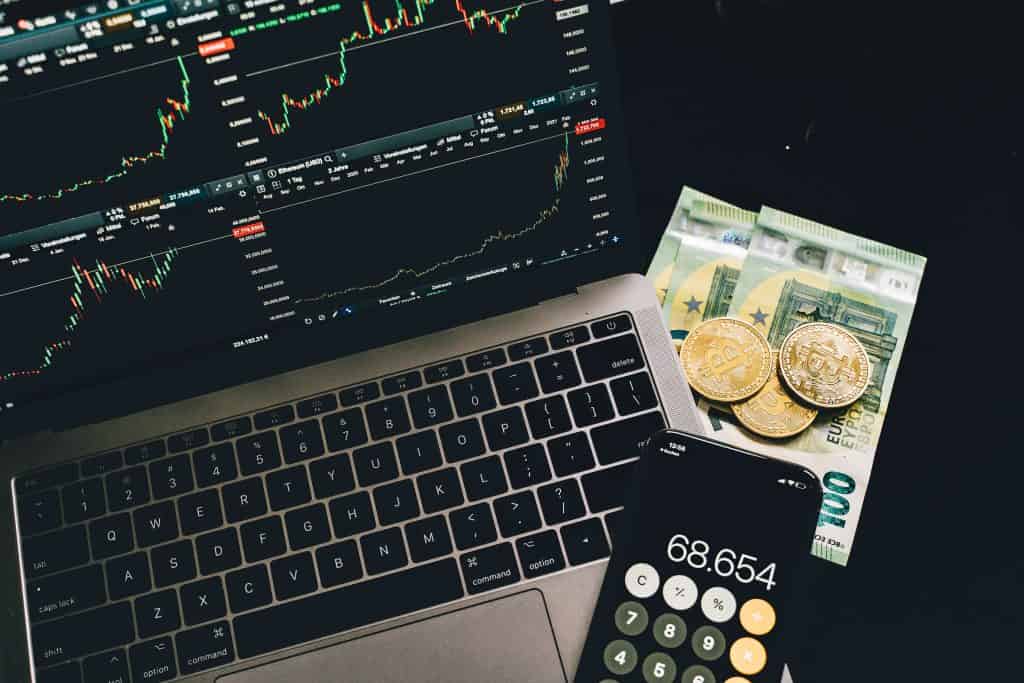The future of commerce and finance is cryptocurrency.
As #cryptocurrencies grow in popularity and acceptability, consumers’ use of virtual currencies has also increased. Click To TweetToday, most consumers know digital currencies like Bitcoin, Ethereum, and Litecoin. But what is a cryptocurrency? It’s a virtual currency that functions as a store of value, like a physical currency. When you transfer funds between an address and another address, you transfer cryptocurrency. The virtual currency you’re moving is called a “joint address” and is simply the medium of exchange used to transfer the virtual money from one party to another.

For example, say you want to buy bitcoin worth $1,000. As the value of bitcoin has dropped precipitously in the past few months, you would like to use bitcoin as your medium of exchange to buy $1,000 worth of bitcoin. You could do that with a bitcoin wallet or an exchange app like OKX. The Jacks Hardware Crypto Wallet helps you store and exchange digital currencies like bitcoin, ether, and litecoin. It comes with several options for storing digital money, such as an address, address book, or bank account.
What makes a cryptocurrency wallet secure?
Several factors make a cryptocurrency wallet secure compared to a physical wallet, such as a bank account or physical wallet that holds your cash. This is mainly because you are never genuinely sitting opposite someone holding your funds.

You are instead sitting opposite a remote computer that fits your funds. Digital wallets like Jack Dorsey’s Hardware Crypto Wallet use a digital wallet technology called “distributed ledger technology” (DLT).
How to use the Jack Dorsey’s Hardware Crypto Wallet
You can store all your cryptocurrencies on the Jack Dorsey’s Hardware Crypto Wallet. You can open an account with the financial institution that you want to use the wallet at, and then you can use it to buy and sell products like investments like stocks and shares.
Additionally, pairing your wallet with a crypto portfolio tracker helps manage and monitor your digital assets more efficiently.
Decentralized Apps and Websites Using the Jack Dorsey’s Hardware Crypto Wallet
The distributed app and website pattern that we’ve become so familiar with within the last few years has given way to a decentralized web. Decentralized apps and websites allow consumers to purchase products, e.g., a travel insurance app, with no two parties controlling the outcome.
Consumers can also use decentralized apps and websites to buy and store things like, e.g., financial products like stocks or bonds without a third party having any idea what’s going on in the other party’s life.